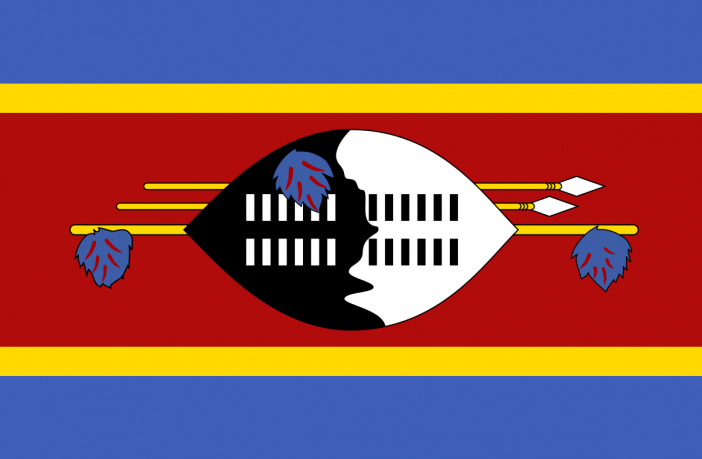- The Solar PV plant will be located in the Lavumusa area, South East Swaziland.
- SEC intends to develop the plant on two phases of 5 MW each.
- The plant will connect to the Maloma 66 kV Substation situated – 11 km away.
The small, landlocked Kingdom of eSwatini lies in South East Africa and is bordered by Mozambique and South Africa. It has a population of around 1.3 million living in a land area of 17364 km².
The total installed electricity capacity is 69.4MW which is made up of four mini-hydro stations. These stations contributed 14 ‐24% of the total energy consumed in the country. The country imports approximately 80% of its energy needs from Eskom in South Africa but also from EDM in Mozambique, through its membership of the Southern African Power Pool (SAPP).
The Request for Qualification notice states that SEC wishes to procure the services of an EPC Contract to design, construct and commission the Facility together with the entire required grid infrastructure to connect the Facility to the Grid. After commissioning, the Project will be handed over to SEC who will then take the responsibility to operate and maintain throughout its economic life.
eSwatini’s total energy consumption is around 280MW per annum. According to the World Bank/Trade Economics, 65.79 % of the population has access to electricity. The move from the SEC is in line with Swaziland’s ‘Action Plan’ that is aimed at achieving 50% of energy generation from renewables by the year 2030.
Author: Bryan Groenendaal











